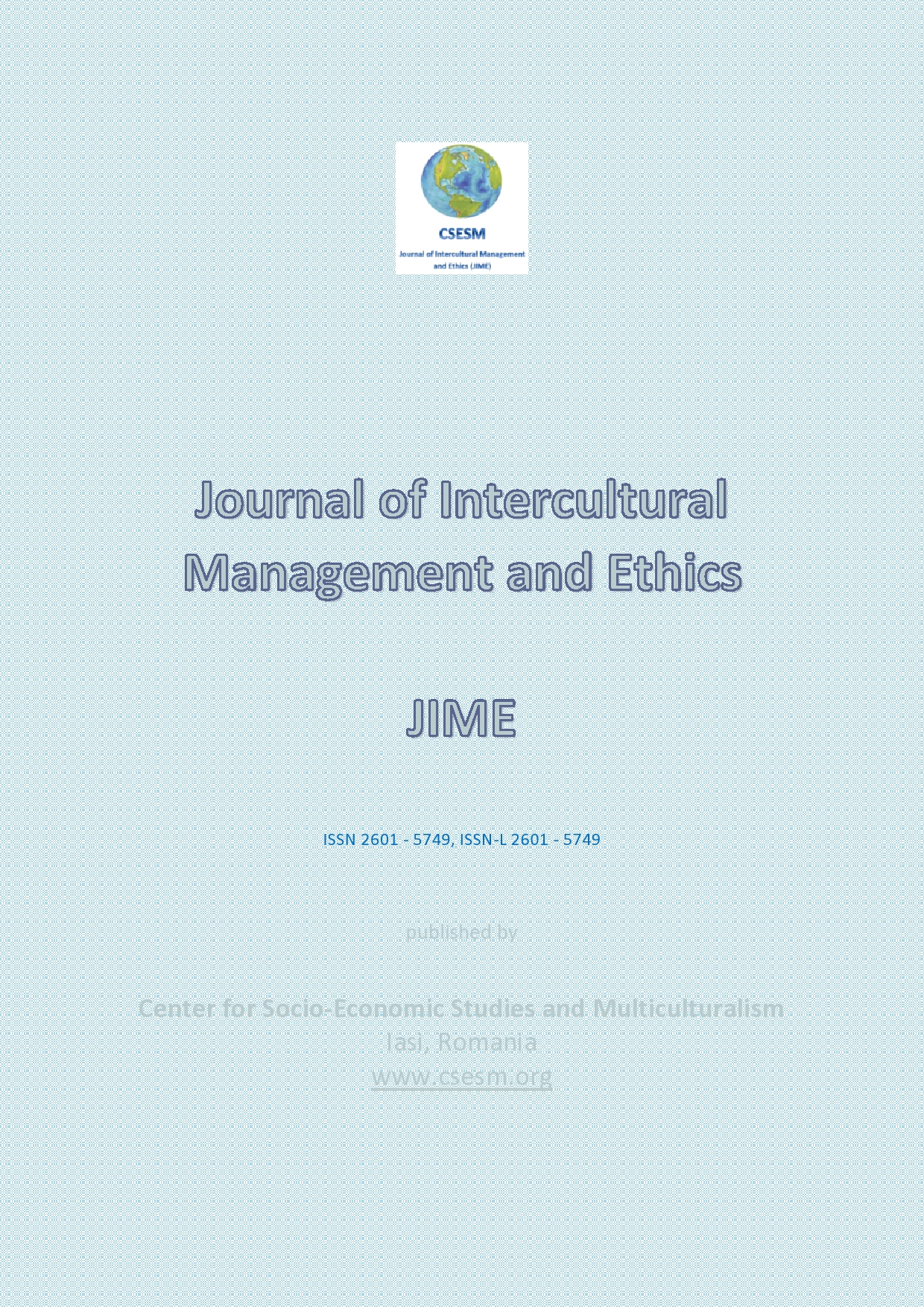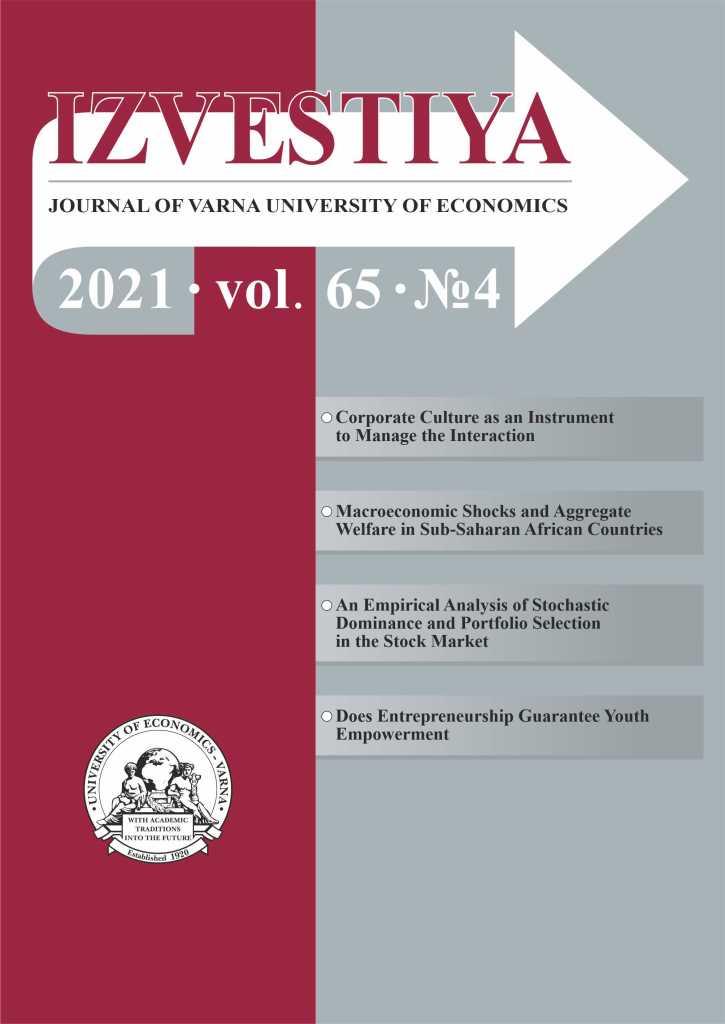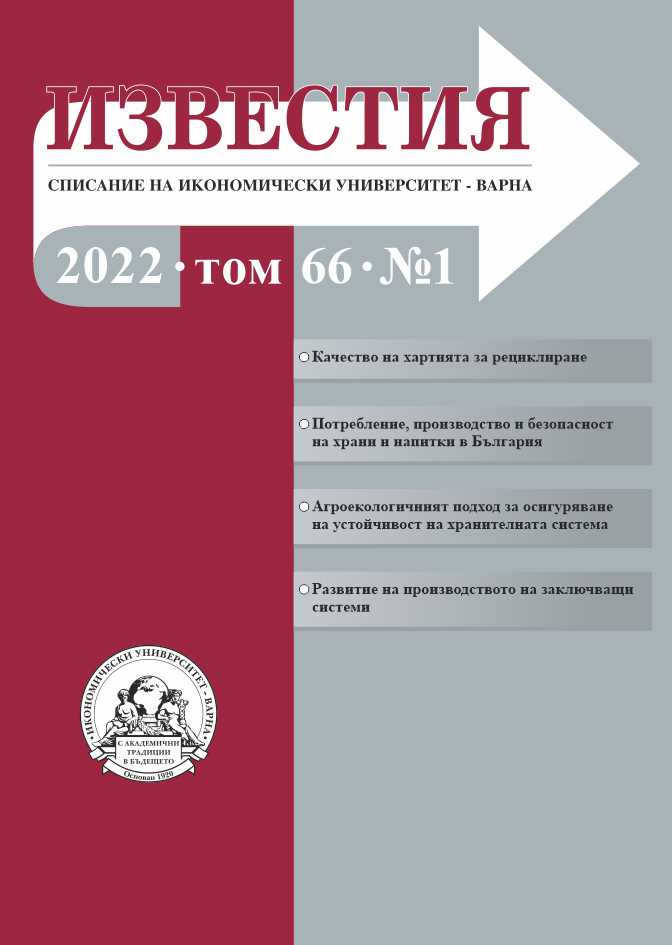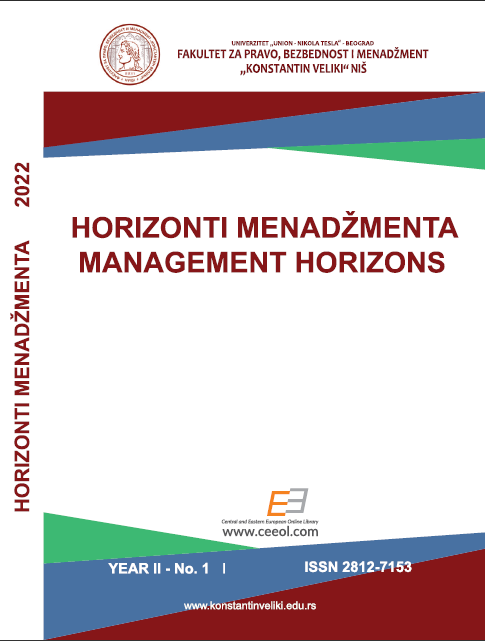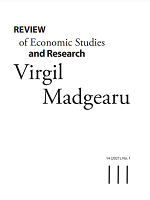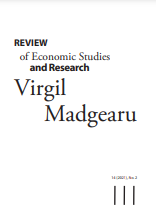Author(s): Milan Stanković,Saša Virijević Jovanović,Anđela Alijević / Language(s): Serbian
Issue: 1/2022
The current tendencies of regionalization and subregio-nalization in the European Union are burdened by the political, legal and social circumstances in which our country, the Danube region, and even the entire European community find themselves. Hence, there is a need for an analysis of the most important legal sources, which regulate the complex relations in the connection and cooperation of the Danube countries in the process of building a strong social and economic society. Such legal sour-ces are, first of all, traditional international agreements (Belgrade Conven-tion, Bratislava Agreement, Budapest Convention and Geneva Convention - SVN) which regulate the navigation regime on the Danube, and then, the Danube Strategy as a legal document adopted in 2010 by European Union for the Danube region, which is clearly recognized through Chapter 14 and Chapter 21 in the negotiations for our country's accession to the EU. The Danube Strategy regulates the area of connecting the countries of the Da-nube region, environmental protection, building prosperity and the area of institutional strengthening of this region. Given that our country is a signa-tory to the Danube Strategy, as well as that this strategy regulates very important economic, social and cultural areas of life, there is a need for its analysis. It should be especially emphasized that in the future, a new enlar-gement methodology will be applied in the relations between Serbia and the EU, which is based on the idea that instead of individual chapters, more gender classes will be opened in the future.
More...


